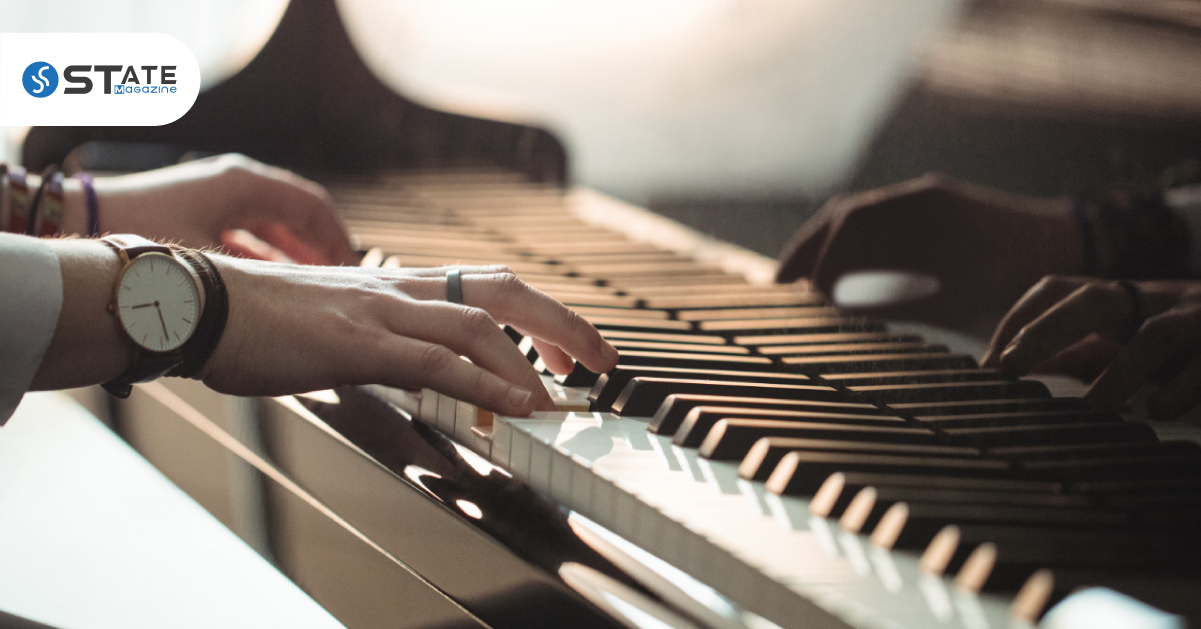If you are planning to buy a piano, then here are some piano brands to avoid. You should know that having a piano just for its looks would disappoint you if you cannot get the right music out of it. Most pianos listed in this as worst piano brands are assembled with inferior material and hence, do not produce proper tones. If you are choosing a piano for a beginner to start their lesson, then the wrong instrument would end them in frustration. So it is always important to buy high-quality instruments available within your budget.
List of Piano Brands to Avoid
Contents
In this list of worst piano brands, the brands indicated from 1 to 6 are upright piano brands, while those indicated from 7 to 10 are digital piano brands to avoid.
1. Wurlitzer
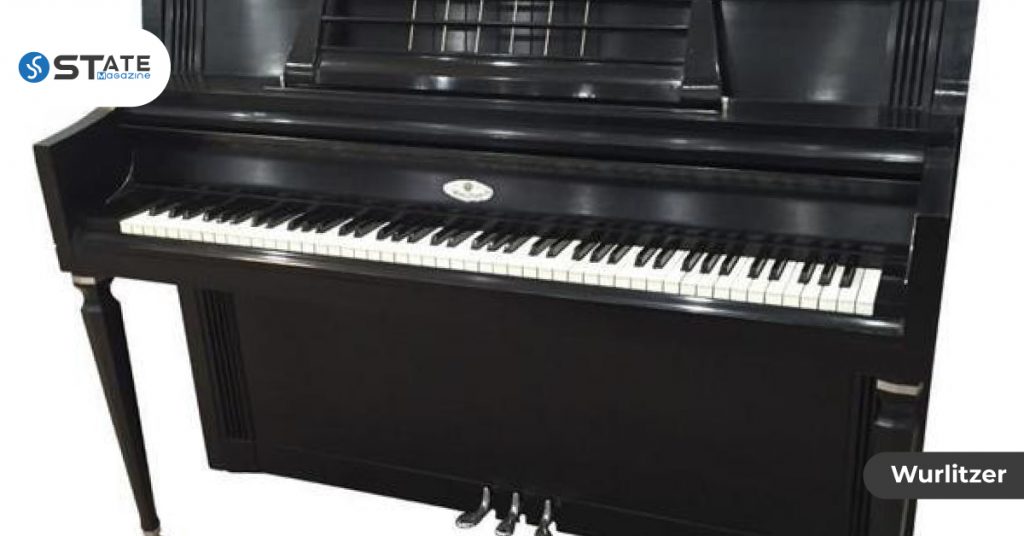
The Wurlitzer pianos do not make the high-quality sound expected by professionals. There are electric keyboards made by this manufacturer from the 50s to 80s and labeled as high-quality and should not be confused with acoustic pianos.
Reasons to Avoid:
- Cheap and low quality
- Professionals claim it as dull
- Insensitive to dynamic changes
- Not suitable even for students
2. Daewoo
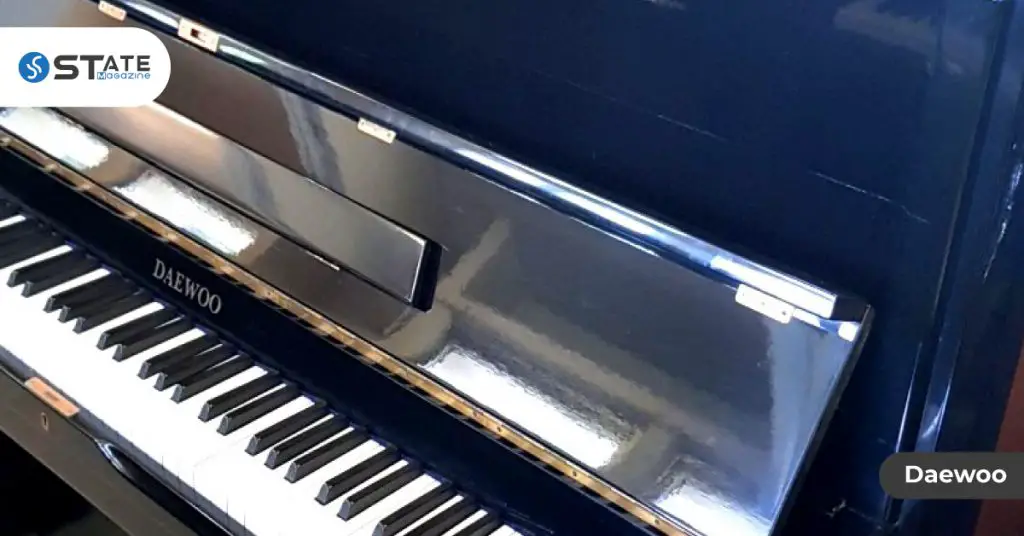
This is a Korean brand by a manufacturer dealing with pianos since 1976. But this is one among the piano brands to avoid due to many issues. Once purchased, it would be very difficult to be repaired as it’s difficult to reach the distributors in Daewoo.
Reasons to Avoid:
- Sticking keys due to poor seasoning of wood
- Low tuning stability
- Parts are difficult to be found
3. Kranich & Bach
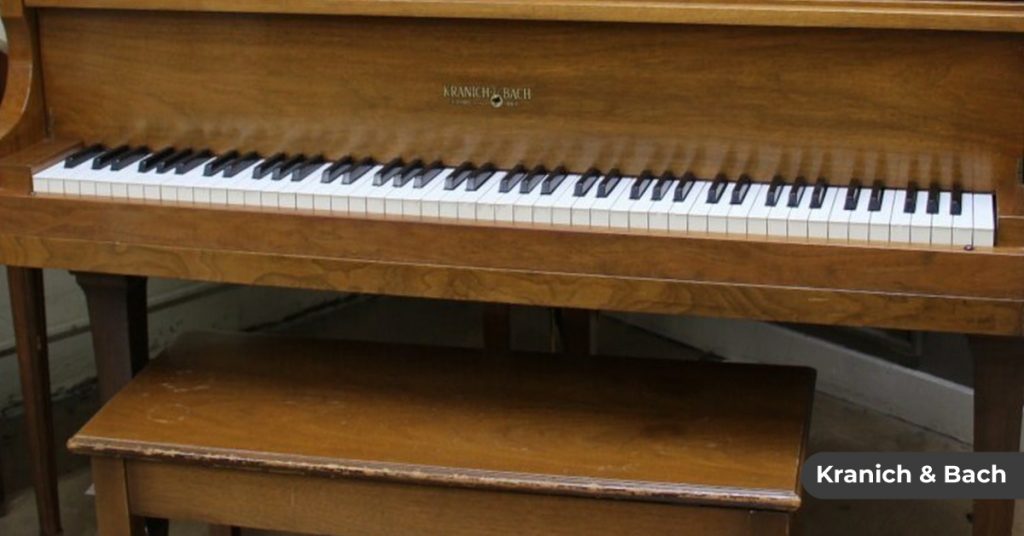
This is one of the oldest brands as its history dates back to the Civil War 1864. However, it is not so reputed for the quality of the pianos. As this company closed in 1985, you have a high risk of problems if you encounter an issue.
Reasons to Avoid:
- Keyframes are poorly designed
- Poor in quality
- Even regular maintenance doesn’t help
4. Samick
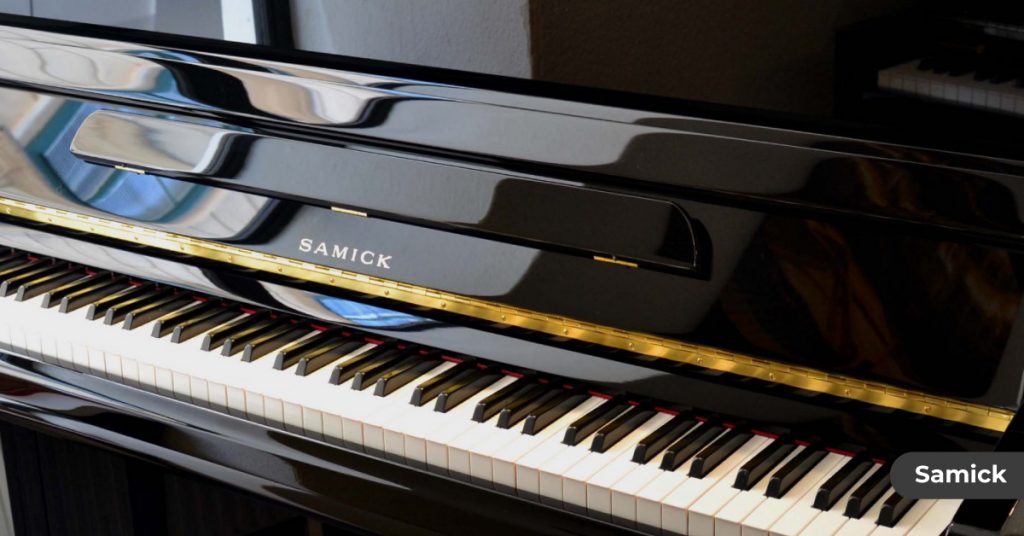
This piano might be suitable only for beginners and casual players. You might even get disappointed if you compare this sound with that of a high-quality professional piano. Therefore, this is another one among the worst piano brands.
Reasons to Avoid:
- Low-quality sound
- Not suitable for intermediate players
- Not durable
5. Marantz
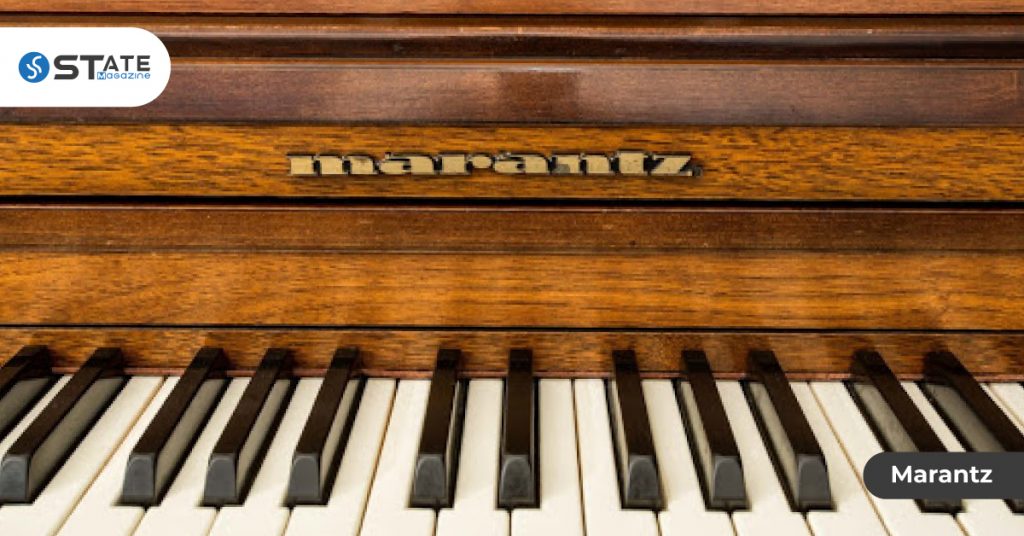
This company has been in the industry since 1953, and their products are not much preferred by the users. They are created with defective quality material, and they are specialized in audio products, even though they have pianos in their sales.
Reasons to Avoid:
- Constructed with low-quality material
- Less impressive sound
6. Lindner
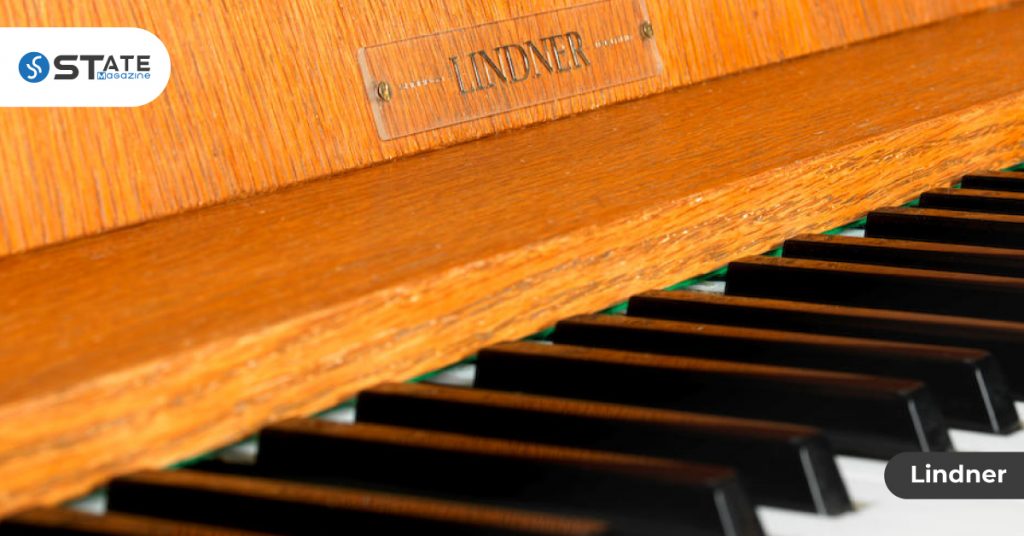
This is another product among the piano brands to avoid as its keys and action are made of less durable plastic. This is one poor decision they made in creating lighter pianos. As this company has closed down, you cannot get any replacement parts in case some issues arise.
Reasons to Avoid:
- Brittle plastic keys
- Low durability
- No parts available
7. Williams
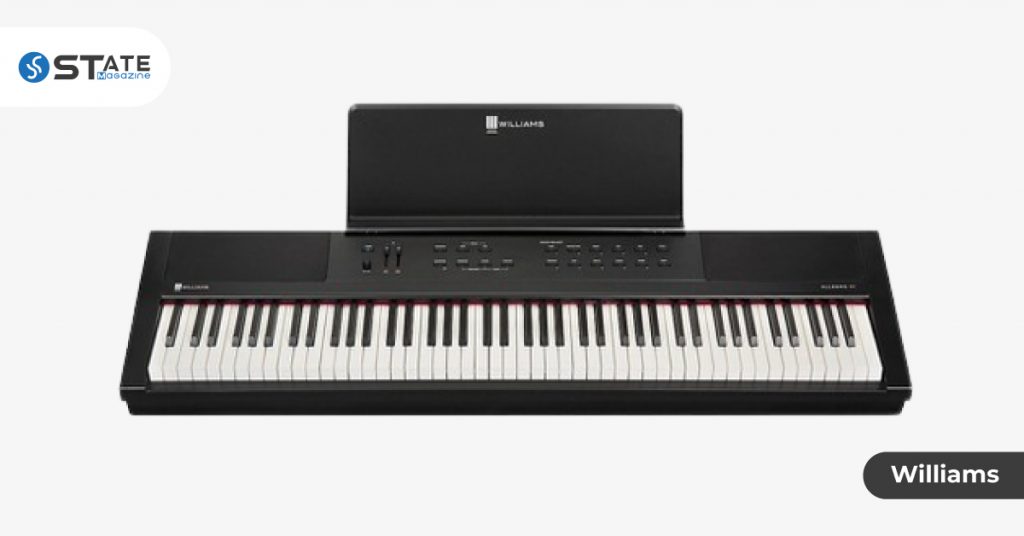
This is a digital piano made of plastic and has over 150 sounds and instruments. However, it is receiving with all these additional features as it disappoints most musicians when playing. The following problems make this stand among the worst piano brands.
Reasons to Avoid:
- Soft sounds with some keys louder
- Poor key action
- Black keys are noisy in low volume
- Musicians do not recommend this brand
8. Artesia
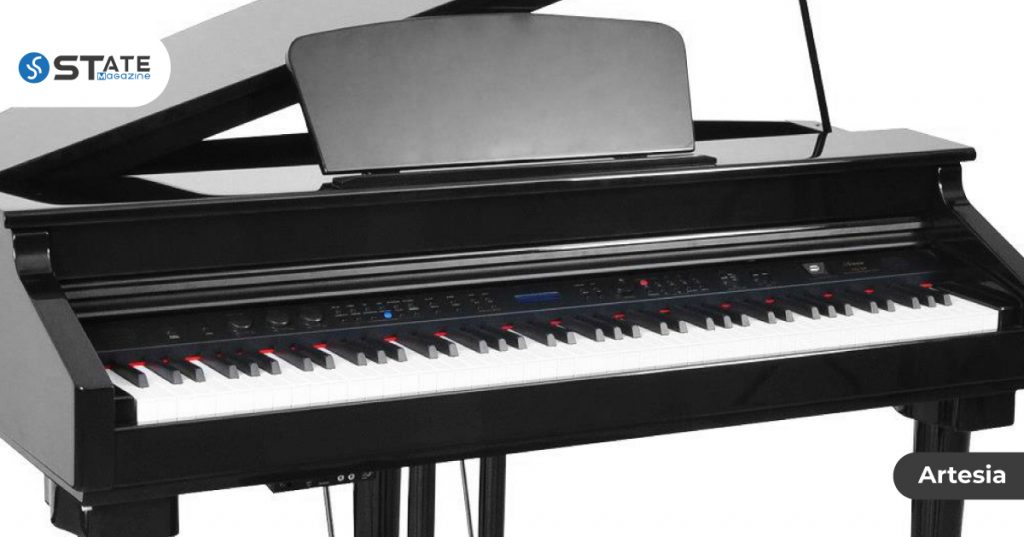
According to most players, it is uncomfortable to play this brand of piano due to rigid keys that are hard to press. It creates unappealing sounds that are mostly out of tune. Its tempo is altered from MIDI playback songs, which is considered to be a huge deficit.
Reasons to Avoid:
- Low-quality parts break easily
- Music out of tune
- Keys produce improper notes
- Rigid keys are hard to press
9. Gewa
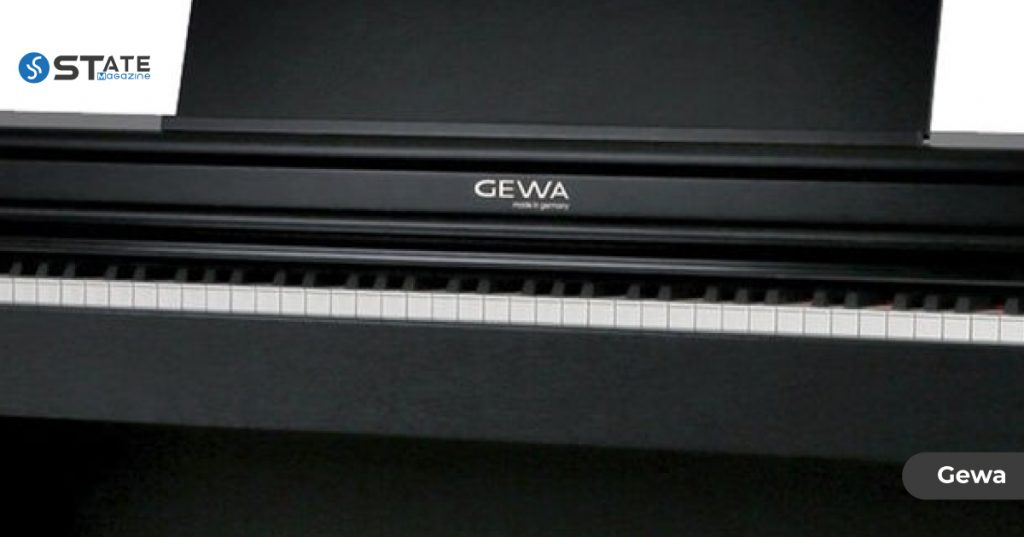
The sound system of this brand of pianos is not ideal for a digital piano. Using headphones does not solve this issue, and the volume is too low even when it is tuned up.
Reasons to Avoid:
- Low-quality speaker system
- Low sound volume
10. Suzuki
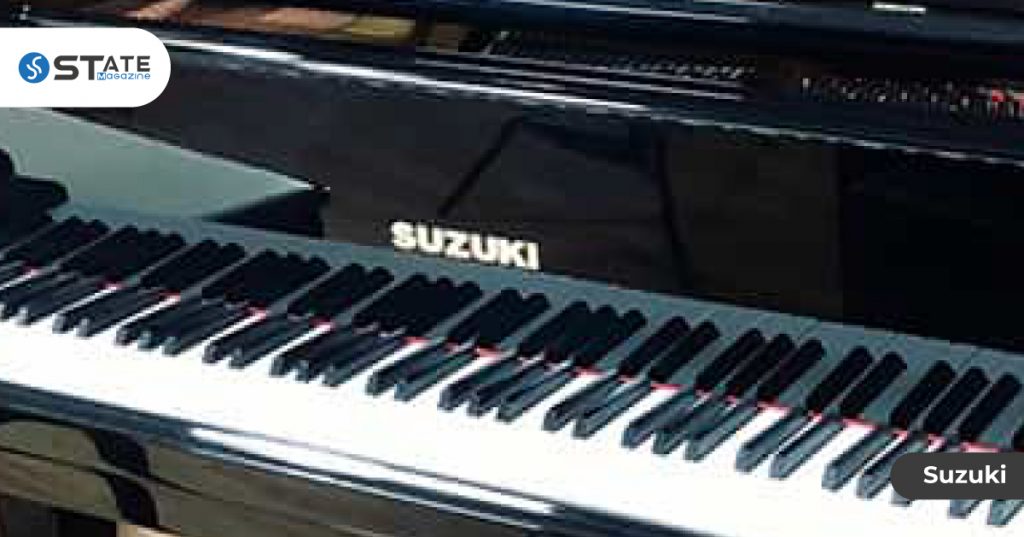
Suzuki is a famous brand in the automotive industry but not much preferred in pianos. It has heavy keys that perform improper key functions. This is not a recommended brand, especially for beginners, as its sound is not appealing.
Reasons to Avoid:
- Bad key action with weighted keys
- The improper feel of the music
- Sound doesn’t vary with how hard the keys are pressed
Recommended Piano Brands
Here are some of the best piano models from reputed manufacturers that guarantee to function perfectly. These would encourage the future pianists to learn from, as they have many good reviews by users.
1. Yamaha P71
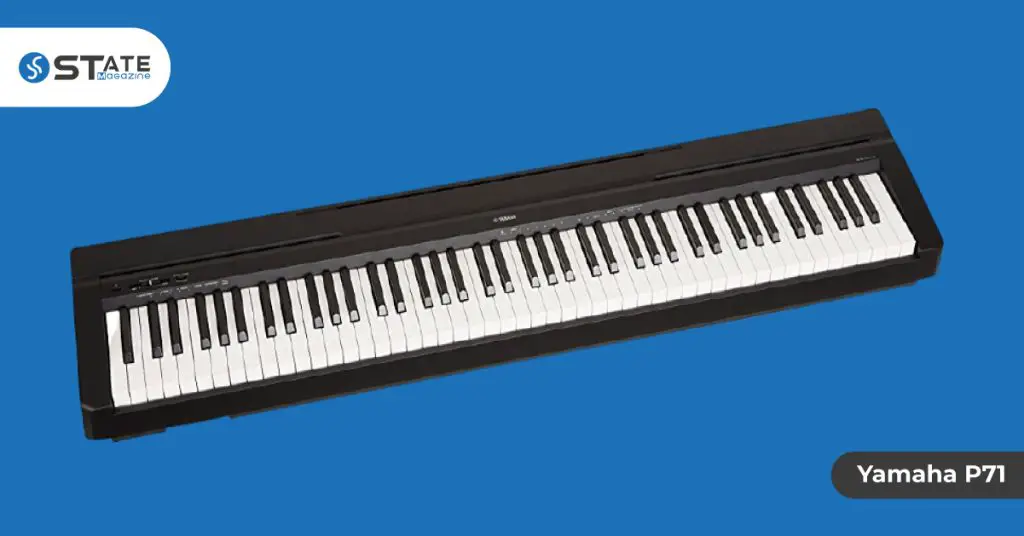
Yamaha is a highly reputed manufacturer of musical instruments. Their products are versatile and trustworthy. This model of P71 has all good features, including 88 graded hammer keys and a pleasing design. It creates excellent music at a decent range and can be played easily.
Pros
- Built-in speaker system
- 88 GHS keys
- Compact and light in weight
- Portable
- Easy to play
Cons
- The appearance might not be appealing
2. Casio PX-S1000
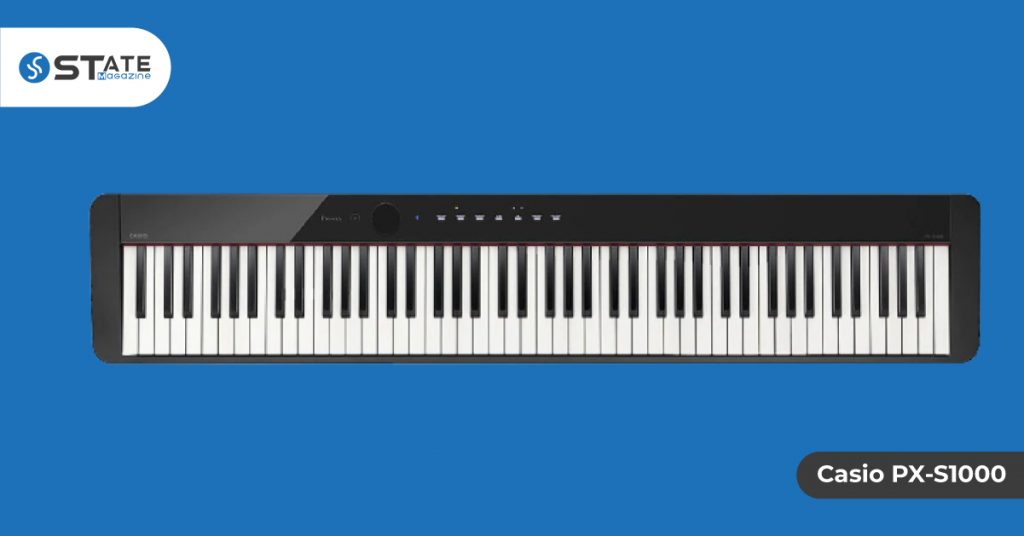
This is a good choice for beginners who are starting their music lessons. It comes as a slim electronic console and has triple-sensor hammer action keys. It has a sustain pedal, sheet music stand, and headphones AC adapter.
Pros
- High-quality build
- Slim and light in weight
- Portable
- Perfect sound quality
Cons
- Limited connectivity
3. Nord Piano 4
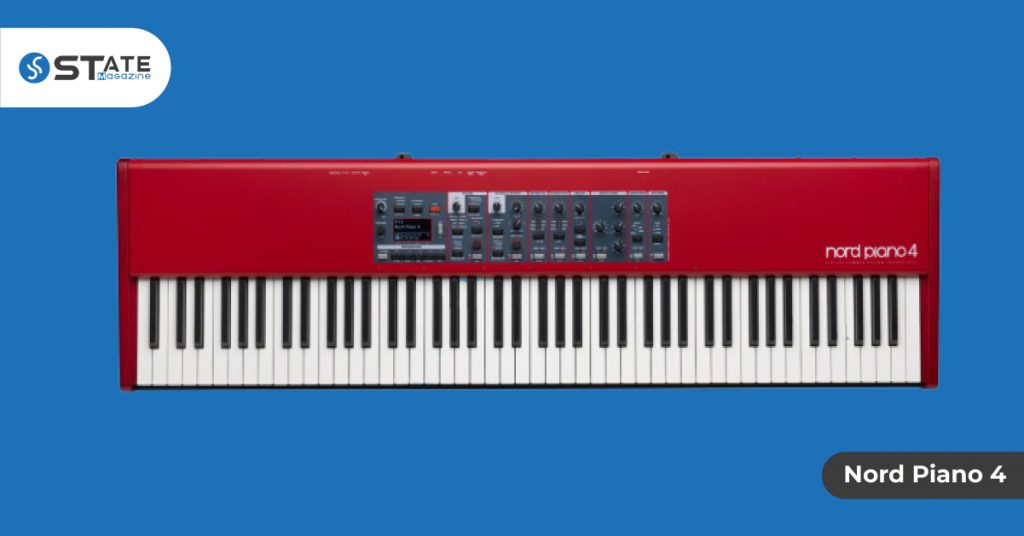
Nord is a Swedish company well-known for its quality pianos. These pianos are handmade of very high standards. This model is ideal for professionals as it comes in many advanced features such as multiple stacking and wavetable synthesis.
Pros
- Handmade with premium quality material
- High-quality sound
- Attractive appearance
- Overall high quality
Cons
- Very expensive
- Not suitable for classical pianists
Buyer’s Guide
Low-quality brands of pianos have less durable parts. However, purchasing from a popular brand would not always give you the best. Here are some of the most common factors that you need to consider when buying a piano.
Types of Pianos
- Acoustic Pianos: This includes upright pianos, grand pianos, and silent pianos. The sound is produced by real working parts. A hammer striking a string physically creates the note, and then the sound vibrates and resonates throughout the instrument to the air. This is ideal for beginners as it has authentic sound with larger and richer tones. It also allows more expression and sensitivity to the play.
- Digital Pianos: The three main components you need to consider in these are the action, processor, and sound output. They are light in weight and portable. However, the sounds are created from a selection of pre-recorded tones, and the notes are played accordingly. Advanced technology has improved these digital pianos so that they almost replicate the sound of acoustic pianos accurately.
The Size of Pianos
Not all pianos might fit in well into your house. Grand pianos might take the most amount of space, while upright pianos are of height between 110 and 140 cm. When the height increases, the strings inside the piano are longer, which in turn enhances the depth, power, and precision of the sound.
Do not Purchase Old Pianos with Critical Flaws.
You might get offers or discounts for very old pianos that might have hidden flaws in them. The most common issues are broken strings, tuning instability, and action issues. You should be aware of these possible conditions before you buy it. Playing faulty music would develop a bad ear, and you may not be able to play some pieces as well. So make sure not to compromise the quality of a piano for low price tags.
Get Advice
Getting advice from teachers and looking for other sources of information is very necessary when purchasing a piano. Since most players know the qualities of brands, you should consult a professional on this matter.
Frequently Asked Questions

How long do Pianos last?
An average mass-produced piano would last 30 years while handmade pianos exceed 50 years of life. But this would reduce depending on the condition upon which the instrument is played. A well-maintained piano of a high-quality build can last up to 100 years.
Are older pianos better?
This depends on the condition of the piano. Even though it is old, if a piano is maintained well with proper care, then it might continue to sound perfect. Some old pianos can be restored to their former state and sound even better than when they were new.
What does a piano cost?
The price of a grand piano would vary from $15,000 to $60,000, while an upright piano would cost something between $6,000 and $18,000.
Why are pianos so expensive?
This is because the manufacturing cost of pianos is very high. As they are mostly made of wood, expensive high-quality wood such as mahogany and also ivory is used.
Conclusion
Pianos come in various types and have specific features special to them. However, there are various piano brands to avoid as some of them might be made with poor quality and not suitable for performing. So these low-profile brands the recommended pianos are included in this guide to help you find the best.
If you are planning to buy similar musical instruments, you should know these Worst Ukuleles and Trombone Brands to Avoid. Also, make sure not to purchase these Worst Saxophone Brands.

